Blog
- Home
- Blog
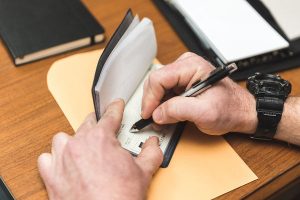
5 Strategies to Reduce the Risk of Check Fraud Losses
Check fraud has more than tripled over the last five years—Just between 2018 and 2022, there was over a 200% increase in check fraud incidents. This trend is particularly shocking when you consider that check ... Read More »
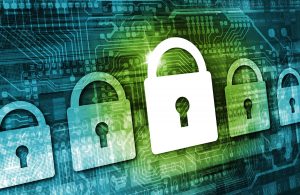
Types of Managed Fraud Services for Banks
Financial institutions need end-to-end fraud strategies. They need processes that detect and prevent fraud. They also need to constantly assess and re-assess their risks and adapt their processes to the current threat landscape. Additionally, they ... Read More »

Tips for Planning Customer-Centric Bank Transformations
To be successful, organizations cannot be mired in yesterday's traditions or practices. They must meet the current demands of their customer bases and the current expectations of their industry. Organizational success requires flexibility and adaptability ... Read More »
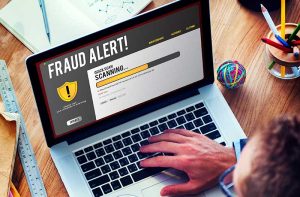
7 Questions to Ask Before Implementing New Bank Fraud Software
When you invest in enterprise-level software, you have to think about how the implementation process is going to work. Careful planning ensures that you don't have a gap in service as you switch from your ... Read More »
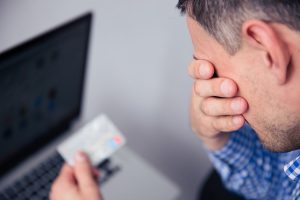
How to Respond to Fraud: Remediation Tips for Bankers
When fraud strikes at your financial institution, you need to be ready to respond. A prompt and thorough response reduces losses and protects your organization from additional threats. However, your remediation plan shouldn't exclusively focus ... Read More »
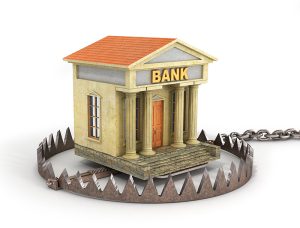
The Three Stages of the Bank Fraud Lifecycle
To effectively combat fraud at your financial institution, you need to understand the three stages of the bank fraud lifecycle. They include the following: Planning - Gathering intelligence and selecting the target. Launching - Targeting ... Read More »
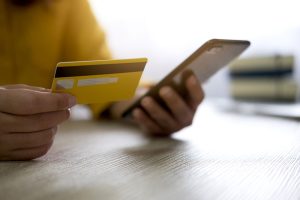
The State of Payment Fraud in 2023
The past fiscal year presented financial institutions with some of the most significant challenges since the 2008 financial crisis. Most notably, the United States witnessed its second and third-largest bank failures in history within just ... Read More »
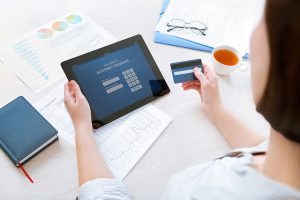
Key Takeaways From the Digital Bank Customer Survey
PwC’s Digital Banking Customer Survey discovered significant changes in where and how customers do their banking. The survey polled 6,000 retail customers in the United States to better understand what they prefer when selecting and ... Read More »
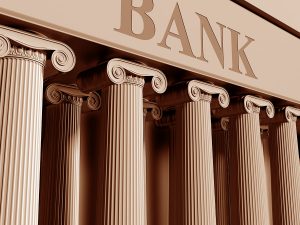
How to Attract Customers to Your Brick-and-Mortar Bank
There is a growing preference for digital banking, but customers still want in-person experiences. While 31% of banking customers say that they have no interest in a physical branch, 35% say that they wouldn't use ... Read More »

Bank Fraud Remediation FAQs
Despite your best prevention efforts, bank fraud can be inevitable, and once fraud happens, you need to swiftly jump into remediation mode. Whether you've been in the banking industry for a day or several decades, ... Read More »
